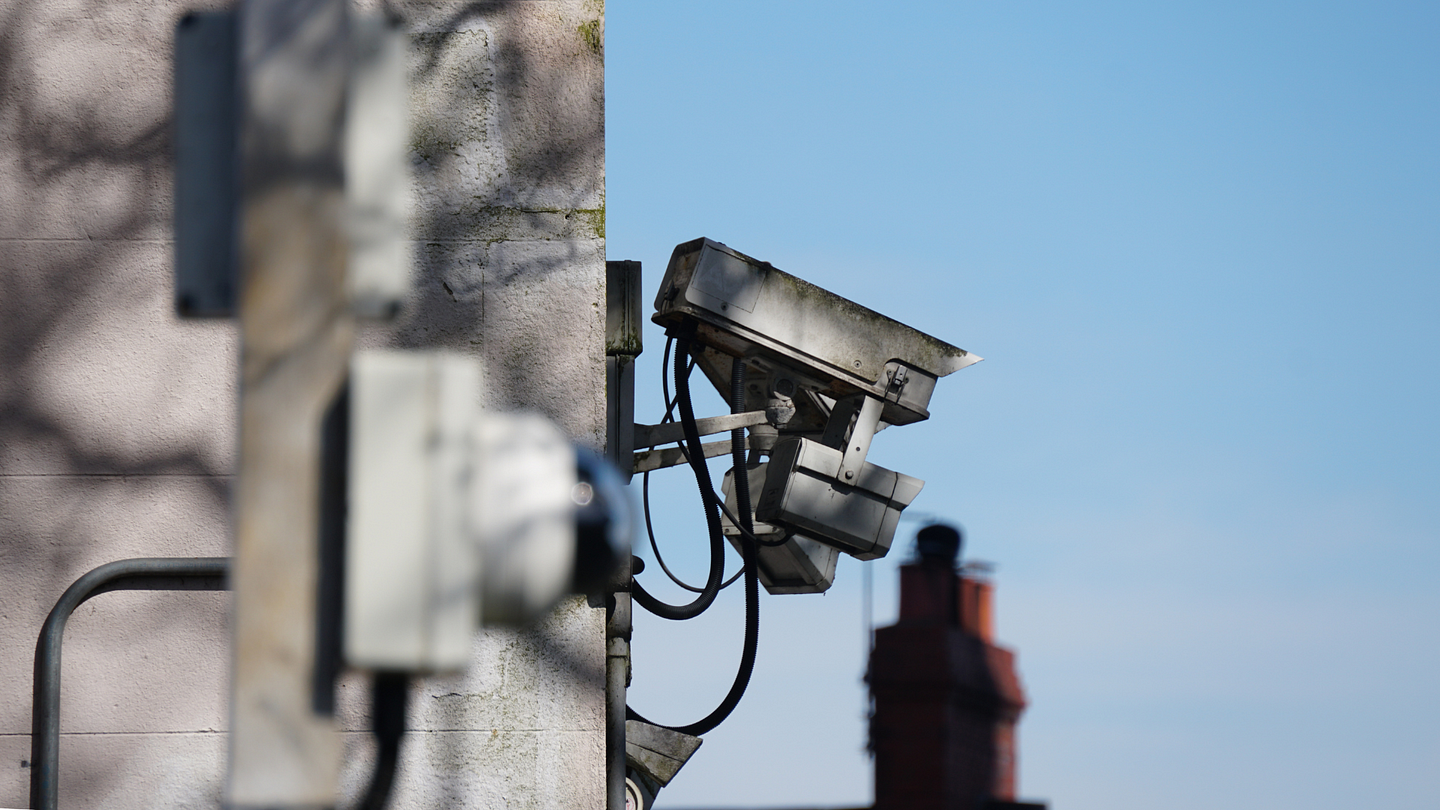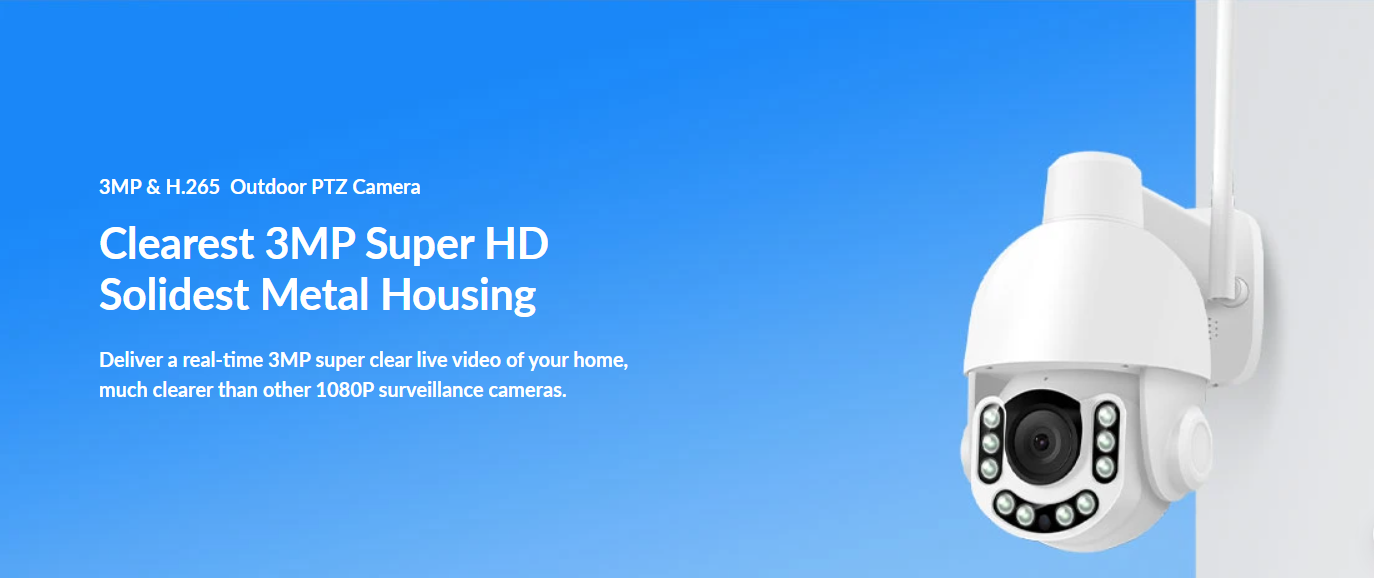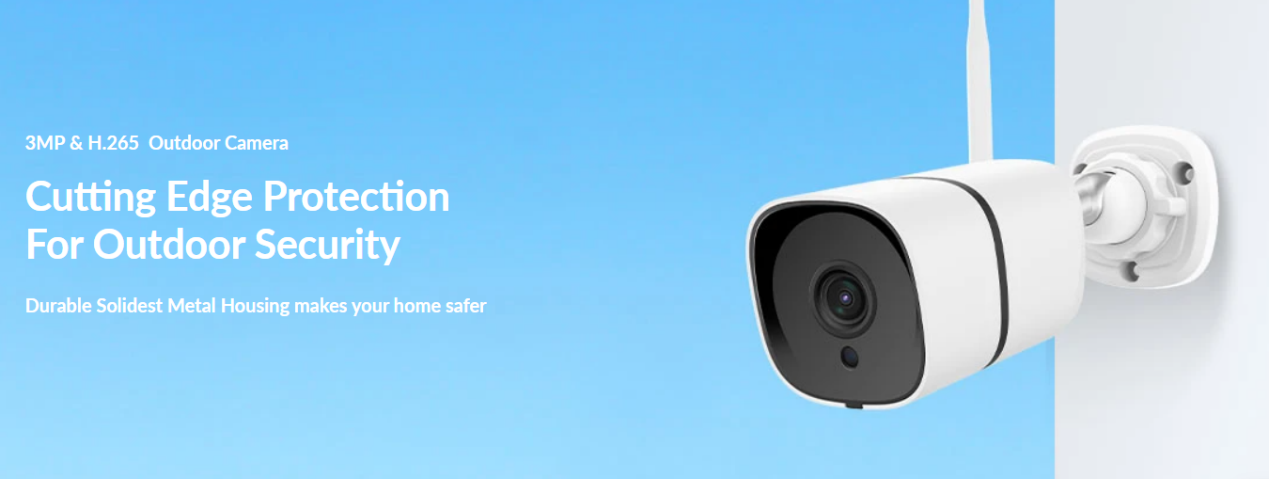Dome vs Bullet Camera, which one should you pick?

Once you’ve decided to install a security system, you’ll need to determine the type of cameras to use. Bullet and dome cameras are the two most common types of cameras. There are certain minor differences between the two security cameras that you should be aware of, regardless of your property type (residential or commercial) or size.
Here we discuss the differences between dome and bullet cameras, as well as the benefits and drawbacks of each, to help you make an informed selection.
Shape, installation, and camera range are some of the main distinctions between bullet cameras and dome cameras.
Due to their dome shell protection and broader camera angle, dome cameras are more inconspicuous than bullet cameras, which stick out and point in one direction.
Dome Camera

The round, dome form of dome security camera gives them their name. the security camera is protected by a clear dome. Although dome security cameras may be used both indoors and outside, owing to their discreet design, many owners, such as hotels, restaurants, and retail stores, utilize them indoors.
One of the main advantages of a dome camera is that it can be difficult to tell where the camera is pointing due to the dome. Plus, because the camera lens is covered, dome cameras are more robust and resistant to damages. There are also vandal-proof dome cameras, which are protected by robust covering that are resistant to damage in general.
Bullet cameras, on the other hand, are often knocked off or manually adjusted to point in a different direction. Unlike bullet cameras, which only aim in one direction, the shape and design of dome cameras allow you to watch a broader area as the lens moves.
Bullet Cameras

Bullet cameras get their name from their distinctive cylindrical form, which resembles that of a bullet shell or a lipstick tube. Bullet cameras, being one of the most prevalent types of security cameras, are a visual deterrent. In fact, studies have shown that having security cameras on your house makes it a less appealing target. Like dome cameras, bullet cameras can be installed indoors and outdoors.
Bullet camera’s major advantages are their range and ease of installation. It has a great range, make it suitable for monitoring big areas such as parking lots and backyards. Bullet cameras are also easy to install, and because of their form, larger lenses may be attached to their bodies. The tip of the bullet camera has a tiny lip that helps protect against glare and rain, making it ideal for outdoor use.
Conclusions
Key Dome Camera Advantages.
- More discreet — blends in with the surroundings
- Wide-angle and rotating camera
- Vandal — proofing
- For both indoor and outdoor use
- Weatherproof
- Night vision
Major Bullet Camera Advantages.
- Greater ranger
- Easy to install
- Indoor and outdoor use
- Weatherproof
- Night vision
Choosing a dome camera or bullet camera?
Although the distinctions between dome and bullet cameras are slight, they are essential to know when choosing security cameras. The common consensus is that bullet cameras are the way to go if you want overt protection to convey a message to would-be invaders that you have security.
However, the best security camera frequently combines dome and bullet cameras, allowing you to watch your property from all angles, both indoor and outdoor.

